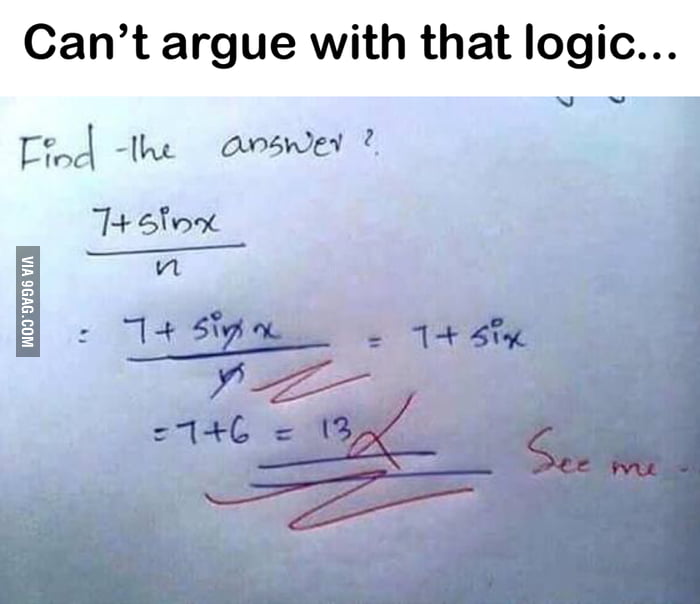This denotes to me a quasi-total lack of understanding of the information aspects and what is the concept of Te in Socionics. Decoding and rules have and can have nothing to do with Te, which is a fully objective IE - the only one fully objective. "Decoding rules" entails in its meaning at least a subjective part. That can be said about any other IE, just precisely not for Te!
We are talking about the Te as a function and an IE, not about Te types - only as in focus in this case.
I don't deny Te is the cognitive base of the natural sciences. In fact I previously stated that I view it as the
base of all knowledge. Let us clarify first what the meanings of objectivity I use:
- rational: logic, laws. Predicates of necessary truths. Pure reason. Subjective as in rational, intellectual.
- empirical: facts, events. Fully objective for being strictly the evocation of the empirical. But here objective is used differently than the above, it's fully "real-world". Otherwise it predicates contingent truths and dependent on senses. For this kind of objectivity Te types normally thrive for.
Please tell the meaning you use for "the right answer". Sounds like an unitary view of all one's accepted laws, but that pertains to Ti. Just I might misinterpret you here.
Te Ego mindset makes accurate predictions by disparate laws resulting from exhaustive experience. *Disparate* aka constrained by experiments rather than previous understanding. This is where I have doubts about the meaning of "the right answer", since they are accurate in terms of predictibility in known scenarios, but not in terms of global consistency, where unless assumptions are set in place for dark areas, they might break or not fit with existing laws. (classic example - the existence of dark matter VS MOND in astrophysics)
If he (and you?) is Expat (forum username), then yes, I used to type him differently than LIE. Not sure about Alpha NT, ILI would fit, too, I think. I will listen to the conference after I relocate, I'm in a hurry and the sound of the video is too low. Note that I don't believe my typings are 100% correct, but I am convinced that my understanding of Model A is close to, and perfecting.




 Reply With Quote
Reply With Quote






 ?),
?),



 (as per tcaudilllg)
(as per tcaudilllg)